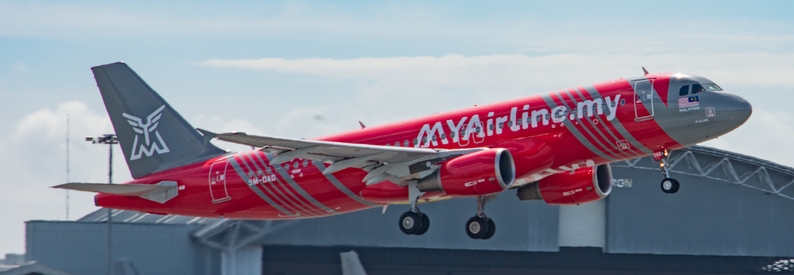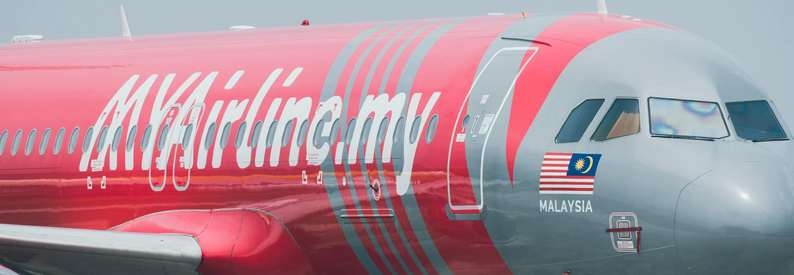MYAirline (MYM, Kuala Lumpur Subang) has secured its full air service licence (ASL) from the Malaysian Aviation Commission (MAVCOM) for a period of 12 months from November 15, 2022. The start-up has adhered to its target of commencing revenue operations this year, and with around six weeks to go until the year's end, can now lock in traffic rights and set flight launch dates.
"We are now officially no longer an airline that owns a few planes," CEO Rayner Teo told employees this week."We are now officially a fully-fledged airline."
Malaysia operates with two aviation bureaucracies and MYAirline secured an air operator's certificate (AOC) from the Civil Aviation Authority of Malaysia (CAAM) in September. MAVCOM had also previously issued MYAirline with a conditional ASL with an end-of-2022 expiry date.
Speaking with ch-aviation in October, MYAirline chief operating officer Stuart Cross outlined the low-cost airline's ambitious five-year plan that included acquiring 50 aircraft in that period. It now has three A320-200s ready to go at Kuala Lumpur International Airport and Cross says they are targeting 12 planes by the end of 2023.
Cross bullishly added that now was a good time to start up an airline in Malaysia, despite eight other scheduled passenger carriers having their home bases in the country, including the formidable low-cost AirAsia (AK, Kuala Lumpur International). Across the week of November 21 - 27, 2022, ch-aviation Commercial Aviation Operator Capacity Data data shows that AirAsia dominates the Malaysian domestic airline market, offering 273,960 seats or 54.02% of the total capacity. Malaysia Airlines (MH, Kuala Lumpur International) follows with 149,844 seats or 29.55% of the total. Between them, the two airlines provide 83.57% of Malaysia's total domestic capacity that week, leaving the smaller airlines competing for piecemeal slices of market share.
Cross said there is plenty of scope for MYAirline successfully competing in Malaysia and noted that the market is well-educated about low-cost carriers. "Malaysia is a wealthy country, it's a sizeable population, and it's a safe regulatory environment," he said. "So I think there are a lot of positives to us embarking on this in Malaysia."

